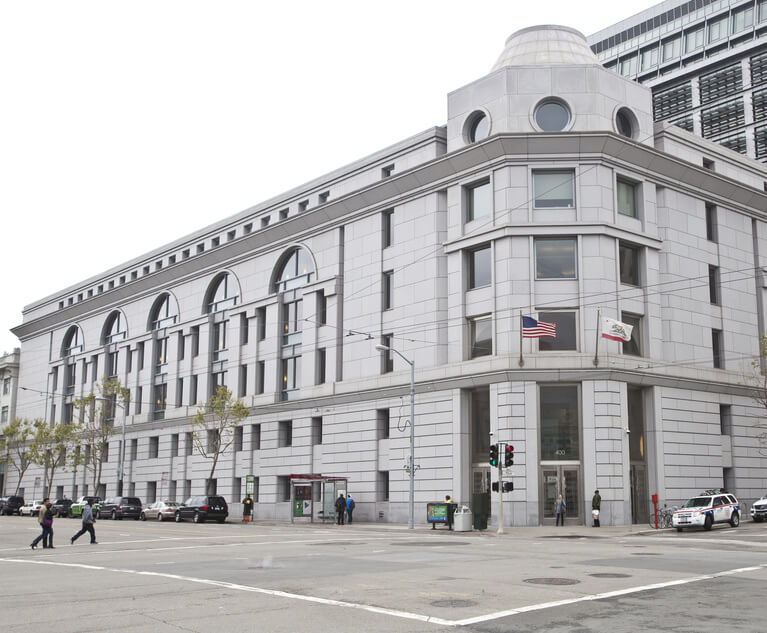
Superior Court Judge rules that a lawsuit challenging San Francisco’s residential vacancy tax may move forward after overruling a demurrer filed by the City Attorney’s office
![]()
Litigation is not for the faint of heart. Protracted lawsuits become expensive and draining, which is why we often state our strong preference for settling a dispute as quickly, inexpensively, and efficiently as possible, taking into account time, risk, and attorney fees.
We also live by the maxim that the biggest variable in achieving success for our clients is which attorney the opposing side gets and how hard they fight. For several San Francisco housing providers and their advocates challenging the Empty Homes Tax (also known as Measure M), the City Attorney’s Office has proved to be a formidable opponent.
Approved by voters in November 2022, the law will become effective as we ring in the new year on January 1, 2024. Filing and payment for this tax will begin in 2025, punishing owners of certain rental units that remain vacant for more than 182 days in a calendar year.
Noni Richen is the President of the Small Property Owners of San Francisco Institute, one of the plaintiffs in the case. One of Richen’s biggest quarrels with the law is that it does not take into account the familial relationship between the owner and those who occupy the premises. Units occupied by the family members of owners are not considered “real” tenants and thus, would be subject to the punitive tax, she says.
After several delays, housing providers will have their day in court.
San Francisco’s City Attorney’s Office, headed by David Chiu - one of the most outspoken champions of tenant rights - has argued that landlords have no legal standing to sue the city until they have actually paid the punitive tax. In other words, the city argued that if housing providers have not been adversely impacted by the law, there is no validity to the lawsuit.

Judge Charles F. Haines was unpersuaded by this argument and allowed the case to proceed. The judge did, however, give more latitude by allowing the City to file its answer by January 12.
This is more generous than defendants typically are afforded to file an answer after a demurrer is overruled, and the concession was made because of the holidays.
We are glad the case will move forward on the merits, but caution that this litigation is still in its early stages and will take time to play itself out.
